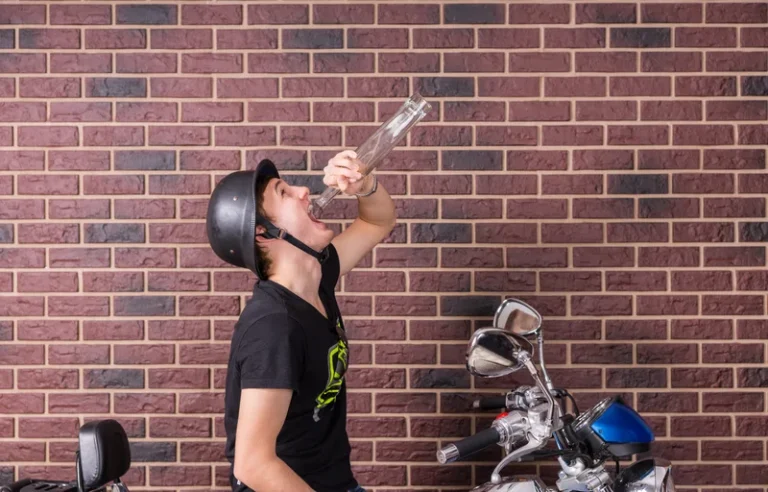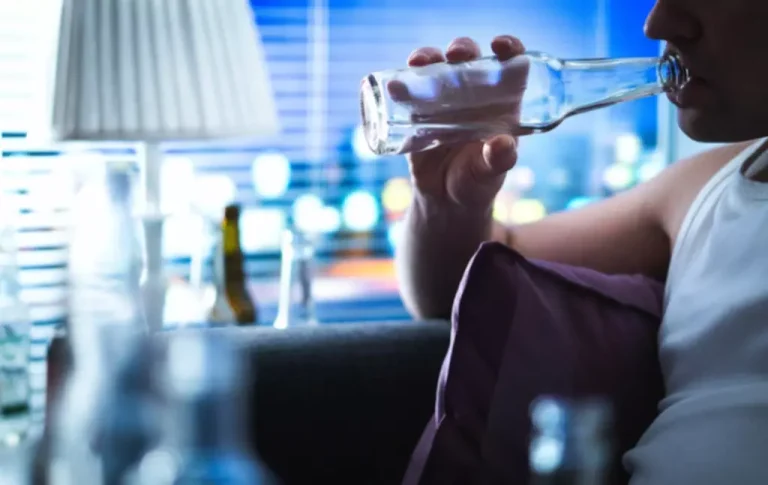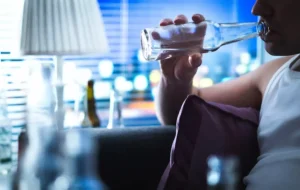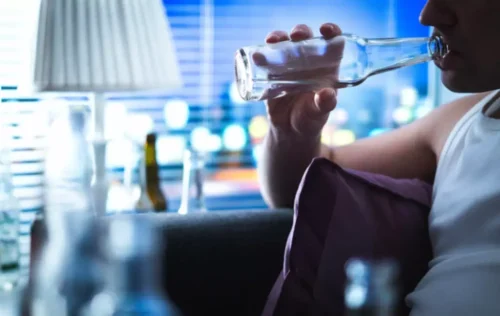Why Alcohol Causes Dehydration and How to Prevent It

A study published in the Journal of Applied Physiology found that while alcohol did have a diuretic effect, it did not cause substantial dehydration when consumed can wine dehydrate you in moderation. The key here is moderation – excessive alcohol consumption can lead to greater fluid loss and dehydration. By now you know that alcohol does not have hydrating properties. There are, however, some studies to suggest that alcohol may have some other health benefits when enjoyed in moderation. For example, one study, published in July 2021 in BMC, Medicine found that moderate consumption of any type of alcohol decreased risk of death in those with preexisting heart disease.
- While many people who drink alcohol initially experience relaxation or euphoria, these feelings are temporary.
- Alcohol inhibits the production of the antidiuretic hormone vasopressin, leading to increased urination and dehydration.
- Consider how you’d like to feel later in the evening, or the next morning, and choose ahead of time how much alcohol you should consume.
Quantity Consumed

Drink too many beers too quickly, and you’ll end up as dehydrated as you would taking a shot at the bar. “Drinking one beer over the course of a dinner will not increase your blood alcohol levels as much as if you drank four beers in the same time frame,” says Rumsey. A lower-alcohol beer, if you don’t drink too many, will be less dehydrating than wine or hard liquor, since beer generally has a lower alcohol content.
- For example, Social is a full-bodied, bittersweet liquor alternative, and Three Spirit makes functional drinks packed with powerful plants.
- However, if you plan to partake in beer, wine or other alcoholic beverages, there are a few things that can be done to lessen dehydration’s toll on your body.
- Understanding hydration is crucial for maintaining overall health.
- It does this by inhibiting your antidiuretic hormone — a hormone that’s used by the body to protect against dehydration.
- A single glass might not significantly impact hydration levels; however, multiple glasses over an evening could lead to noticeable fluid loss.
How much does a 5% beer dehydrate you?
- “The higher the alcohol content a drink has (or is absorbed in your body), the greater the diuretic and dehydration effect.”
- This can make red wine a pleasurable option within a healthy diet when enjoyed with food and in moderation.
- As with any alcoholic beverage, it is essential to enjoy wine responsibly and in moderation to avoid any potential negative effects on hydration.
- When you drink beer, the alcohol inhibits the production of a hormone called vasopressin, also known as the antidiuretic hormone.
- Even a small amount of soy sauce can cause a significant increase in your sodium intake, thus leading to an increased need for fluids and potentially causing dehydration.
- However, even this may not help you avoid a harsh bout of dehydration.
So, does all of this mean that wine does not have any dehydrating effects at all? Excessive consumption of wine, like any alcoholic beverage, can lead to dehydration. Binge drinking or consuming large amounts of wine in a short period can overwhelm the body’s ability to process and eliminate alcohol, leading to dehydration. To reduce the risk of dehydration Sober living house when drinking beer, it is important to drink water alongside alcoholic beverages.
- If the wine is at an average 13 percent alcohol content like most wines, its equilibrium point may leave you dehydrated in theory, but it’ll still be better than not drinking anything at all.
- She goes on to explain these nutrients also help you retain fluids, while chugging a bunch of water will cause much of it to pass through your system without properly rehydrating you.
- Staying hydrated is vital for numerous bodily functions, including temperature regulation, joint lubrication, nutrient transportation, and waste elimination.
- People who drink beer need to use the restroom twice as much as people drinking water or any other non-alcoholic beverage.
- They emphasize moderation, as drinking too much wine can lead to negative health effects.
- To maintain hydration while consuming alcohol, consider drinking water between alcoholic beverages, opting for lower-alcohol options, avoiding salty snacks, and limiting caffeine intake.
Understanding Dehydration
When muscles and organs are deprived of water, they can shrink—including the brain. If the brain shrinks away from the skull, it can cause a dehydration headache, but when alcohol enters the fray, another factor is introduced that may induce headaches in some people. The pituitary gland decides to do this based on signals sent from detectors that read the volume of water in the body, as well as its salt level.

However, while hard alcohol may not contain carbs, it’s often consumed with high-carb mixers, including soft drinks, fruit juices, or syrups. And, what’s more, alcohol can trigger powerful carb cravings, and you may find it hard to resist enticing carb-rich foods while under the influence. These strategies help maintain hydration levels while still enjoying social occasions involving alcohol. Understanding hydration is crucial for maintaining overall health. Water makes up about 60% of the human body, playing a vital role in nearly every physiological process.

It’s formulated to stop dehydration in its tracks and boost your energy and mental clarity. The night is off to a great start and you’re catching up with friends and family. Then you suddenly start to feel the effects of more alcohol than your body’s used to on a regular evening. You weren’t planning for a headache, nausea, and endless trips to the bathroom to interrupt this party.





